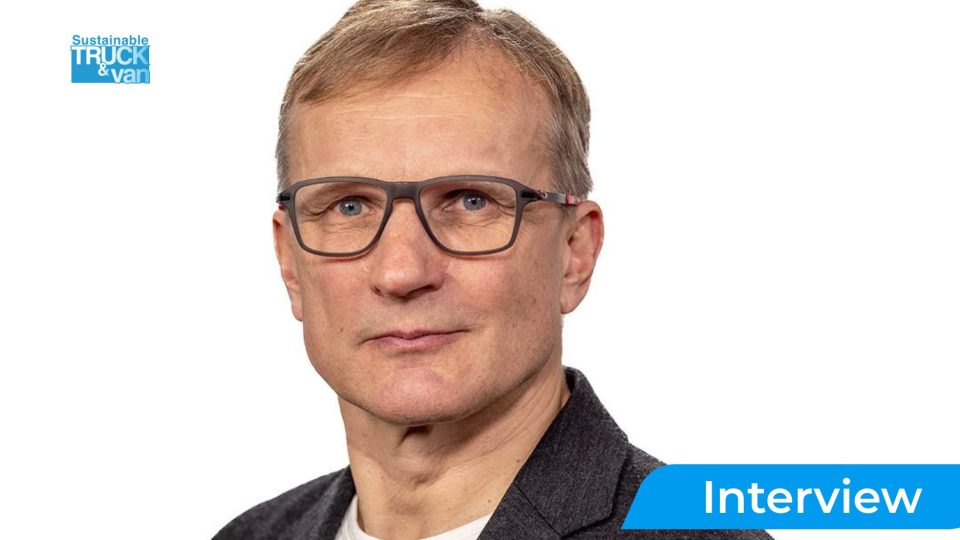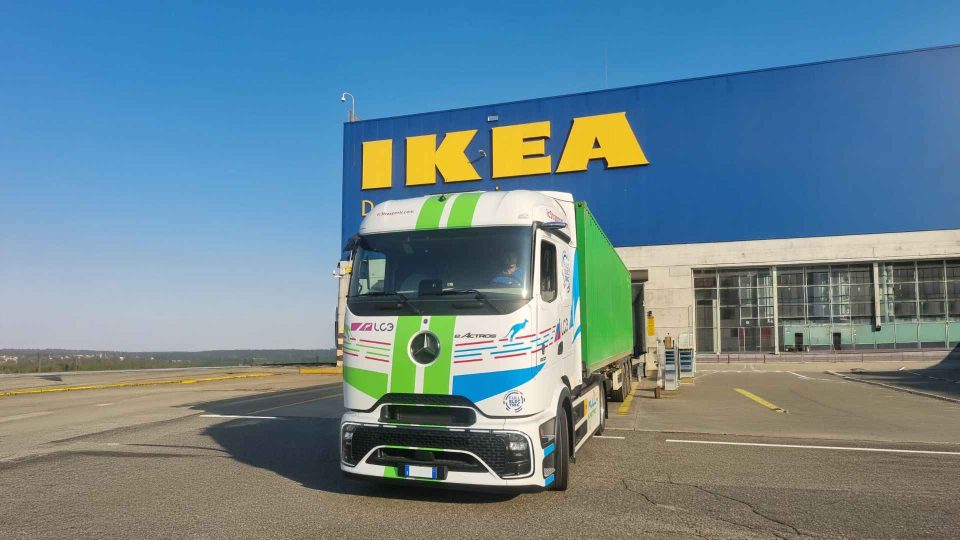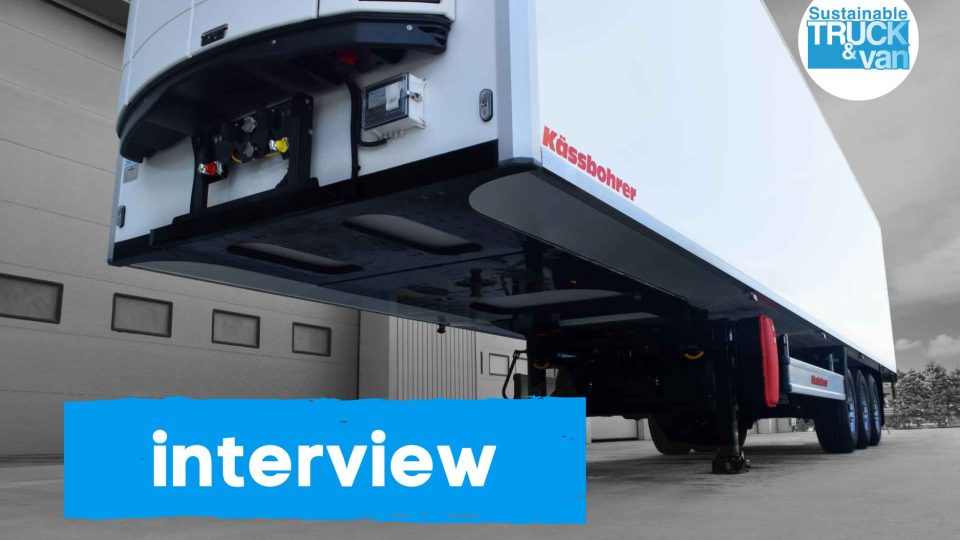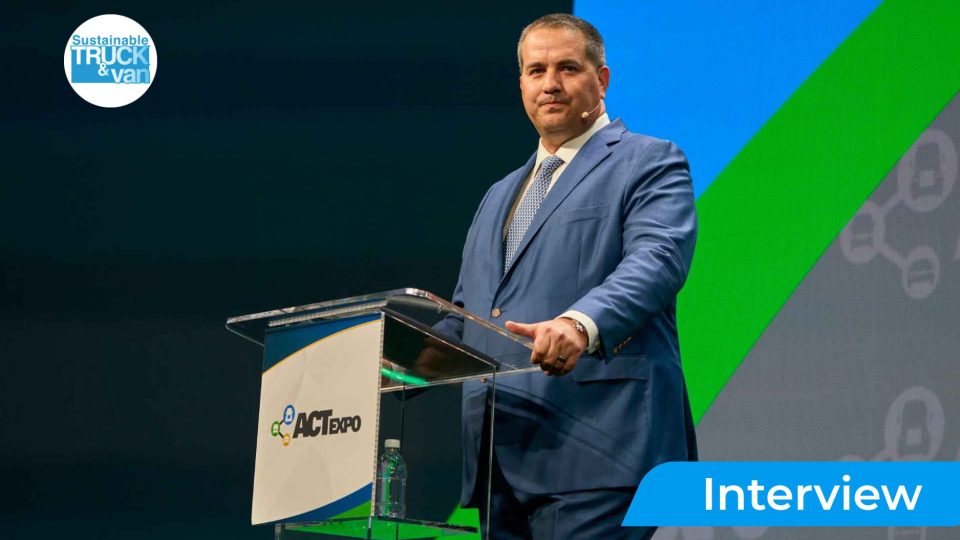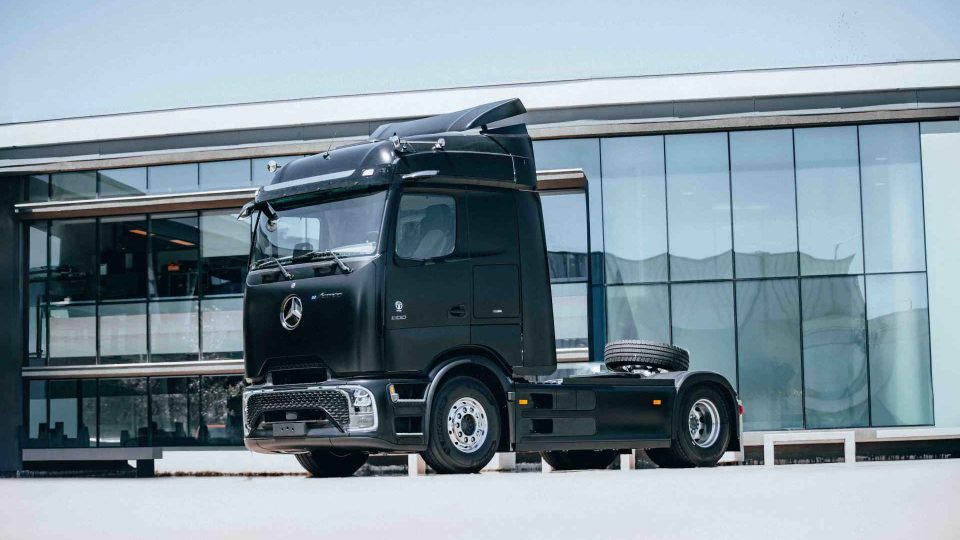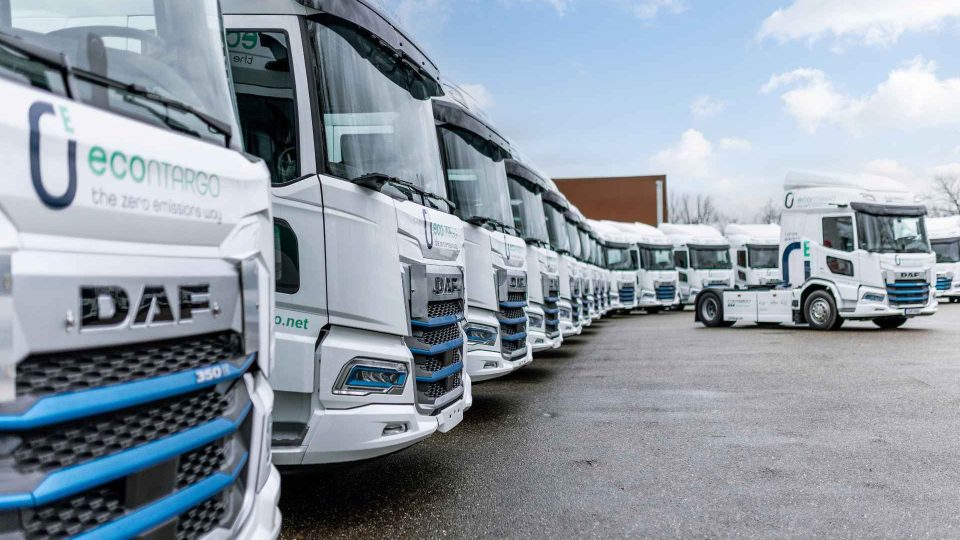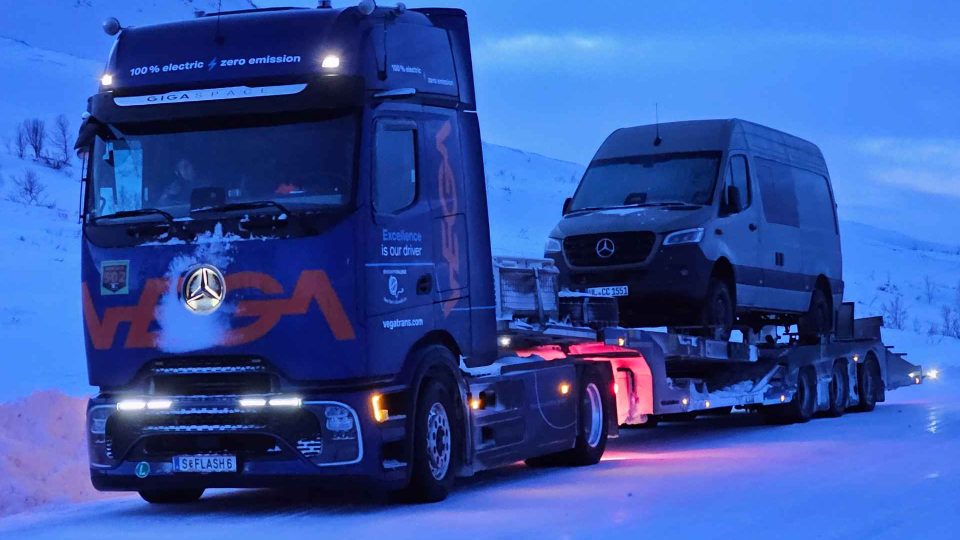Mercedes is trying to use only e-trucks for deliveries to Wörth plant. Target: 100% zero emissions by 2026
In order to achieve such ambitious target, Mercedes-Benz Trucks is closely cooperating with freight forwarders. The pilot phase is scheduled for implementation in 2023. In this phase, electrically powered Mercedes-Benz eActros 300 tractors will be utilized. Later, the eActros LongHaul and other models will be added.
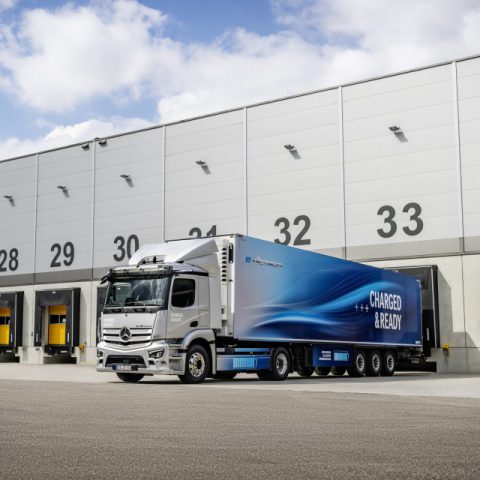
Mercedes-Benz Trucks is trying to use only zero-emission trucks for deliveries to Wörth plant, that is where the eActros and eEconic electric trucks are being produced by the German manufacturer. The ultimate target is to use only zero-emission vehicles by 2026. Of course, in order to achieve such ambitious target, Mercedes-Benz Trucks is closely cooperating with freight forwarders in realigning fleets and logistics operations to electric mobility.
Mercedes electrification plan for the Wörth plant
The pilot phase is scheduled for implementation in 2023. In this phase, electrically powered Mercedes-Benz eActros 300 tractors will be utilized. Later, the eActros LongHaul and other models will be added. “Electromobility in the transport industry is already working today in numerous application fields,” commented Karin Rådström, CEO Mercedes-Benz Trucks. “We want to drive the transformation of our industry forward quickly, which is why we are active on all levels of electrification. Therefore we are going beyond vehicle development, manufacturing and providing accompanying services. We are working intensively on the electrification of our own direct supply chains. There is great potential here, as well as great interest among our partners, whom we are strongly supporting on this path.”
An integral part of the future inbound logistics concept of Mercedes-Benz Trucks for emission-free delivery traffic includes establishing a charging infrastructure at the Wörth site. Approximately 50 charging columns, including megawatt charging stations for high-performance battery charging, are planned at key points for delivery traffic in the immediate vicinity of production at the Wörth plant. Parts used in production are delivered just-in-time to the assembly line.
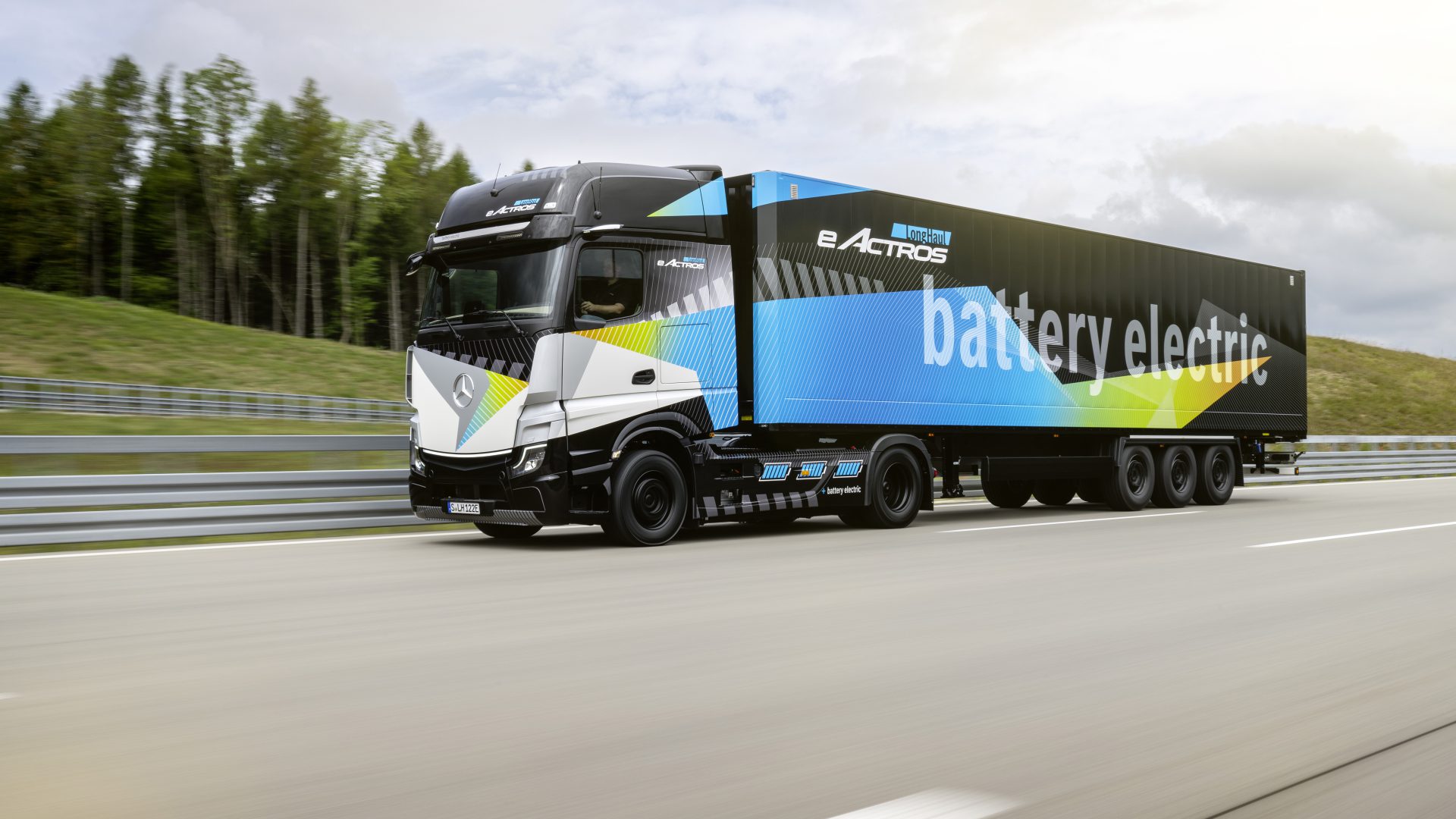
The eActros LongHaul (above), which is important for the long-haul segment, is scheduled to be ready for series production in 2024. The series-production launch of the Mercedes-Benz eActros 300, also recently presented as a semitrailer tractor variant for flexible heavy distribution transport, is planned for next year.



